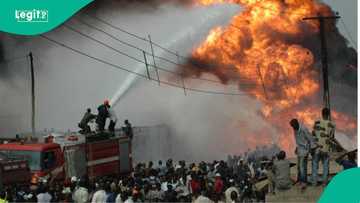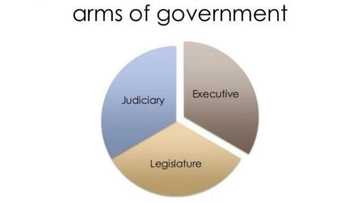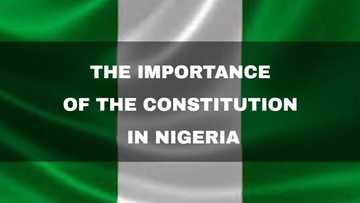Presidential system of government in Nigeria - facts you should know
The presidential system of government in Nigeria defines the political organization of this country. According to the structure of this organization, the President is the Head of States. The version of this system of government in Nigeria has its advantages and disadvantages! Take a look at a few facts about Nigerian Presidential system that you should know!
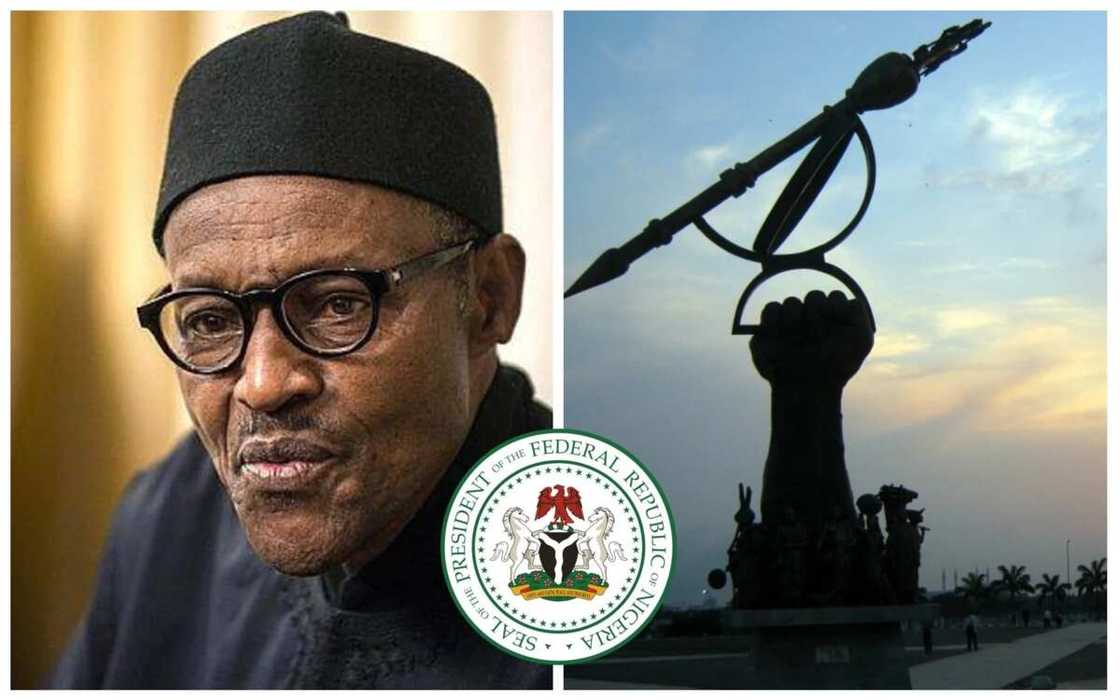
Features of Presidential System of Government in Nigeria!
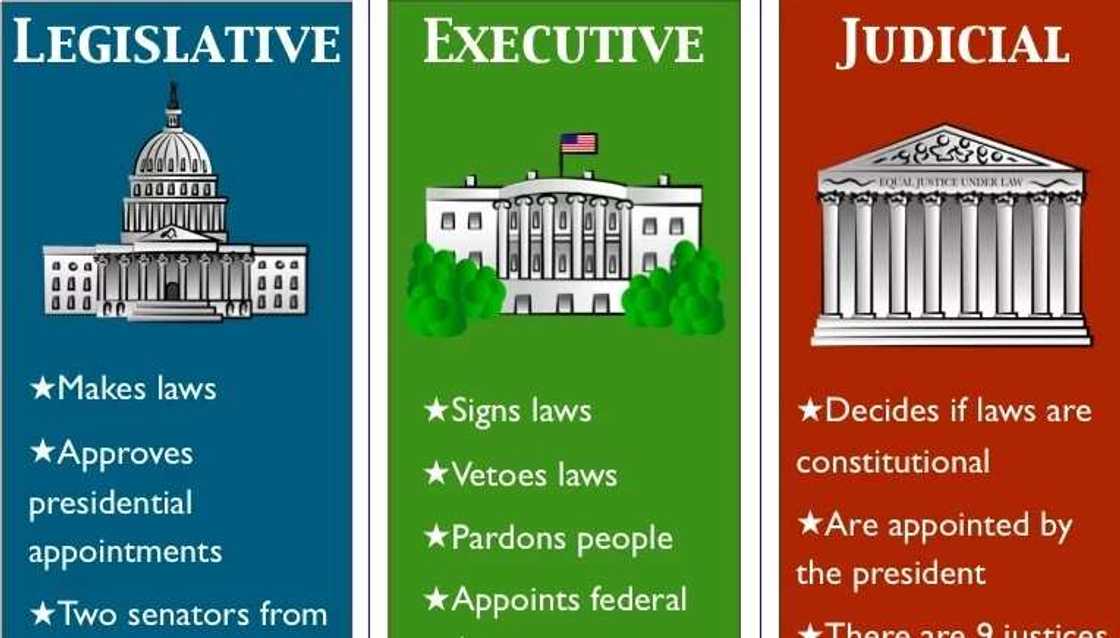
- You can see a clear separation of power! The government is divided into executive, legislature, and judicial branches.
- The President of Nigeria can be removed by impeachment! The constitution of Nigeria gives this right to the citizens if they do not trust their leader!
- The legislature and the president are responsible to the people of Nigeria. Its citizens have a right to know what is happening in the system.
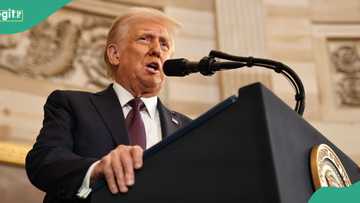
Read also
US birthright citizenship: Why Trump's executive order will fail, International affairs expert explains
- There is no recognized official opposition!
- The constitution is the highest legislative document in Nigeria. Nobody can be above the constitution and other laws!
- Ministers answer to the president of Nigeria.
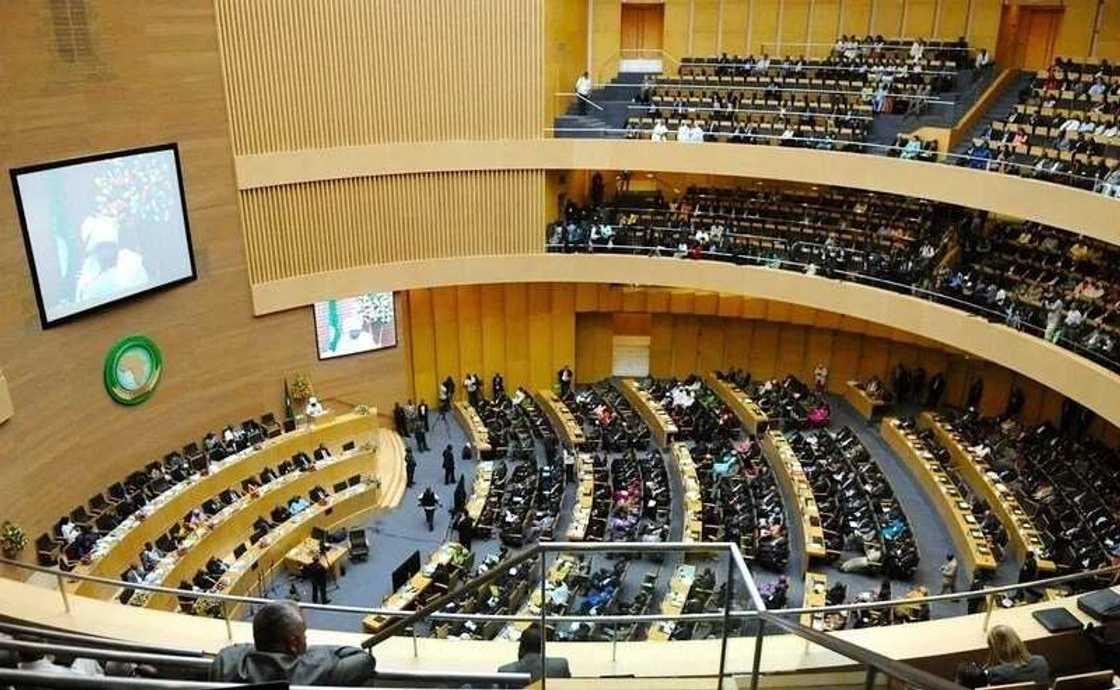
- Members of the executive branch of power can`t be the members of the legislature. The same rule applies to the members of the legislature!
- The President of Nigeria has a right for a veto! It means that he can reject any legislative bill. After that, the bill can be rewritten and passed into law without the presidential approval!
Advantages of Presidential System of Government in Nigeria
- It provides freedom from the legislative interruption!
- It can provide a lot of advantages to citizens! It does not offer many benefits to party loyalists. Therefore, it`s hard for one party to take full control of the government!
- The members of the government take personal responsibility for any action! There is no collective responsibility in the government!
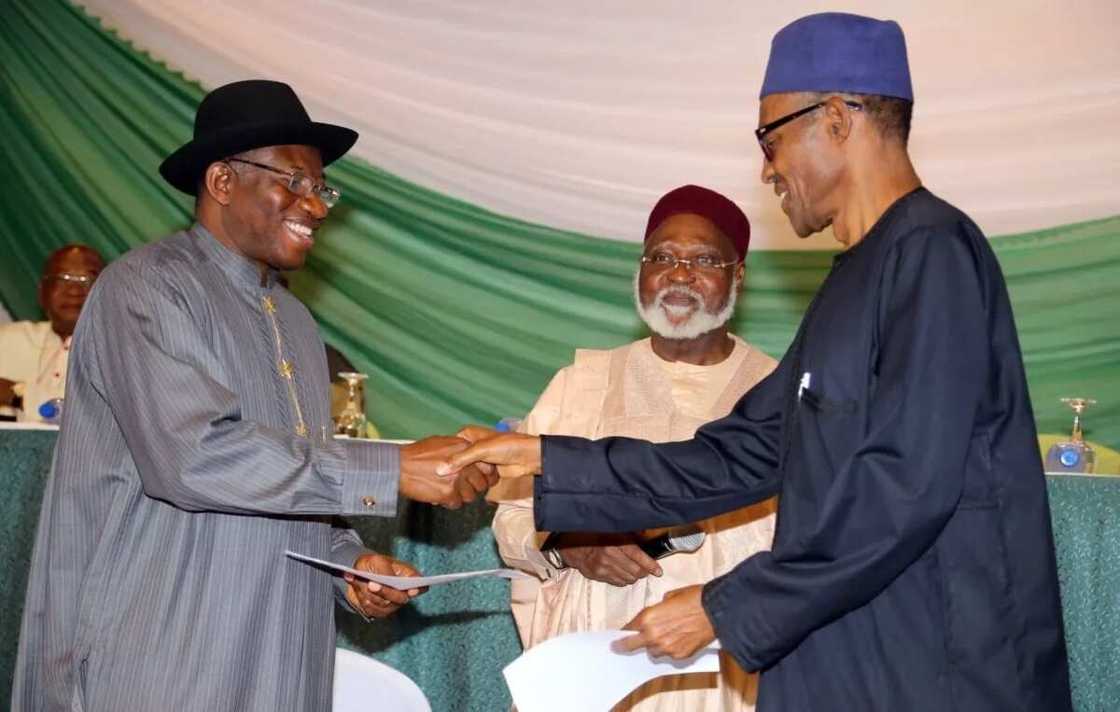
- The constitution is the highest legislative document in the country!
- The constitution provides clear responsibilities for the Judicial, legislative and executive branches of power!
- This system allows using specialists regarding power. For instance, they can become ministers of the government! An engineering specialist can become a health minister even without medical or law diploma!
- Any party influence can be avoided. The president is not a member of any party. At the same time, he/she can avoid appointing the loyalists of any party to his/her cabinet!
- The constitution provides a clear separation of power.
Disadvantages of Presidential System of Government in Nigeria
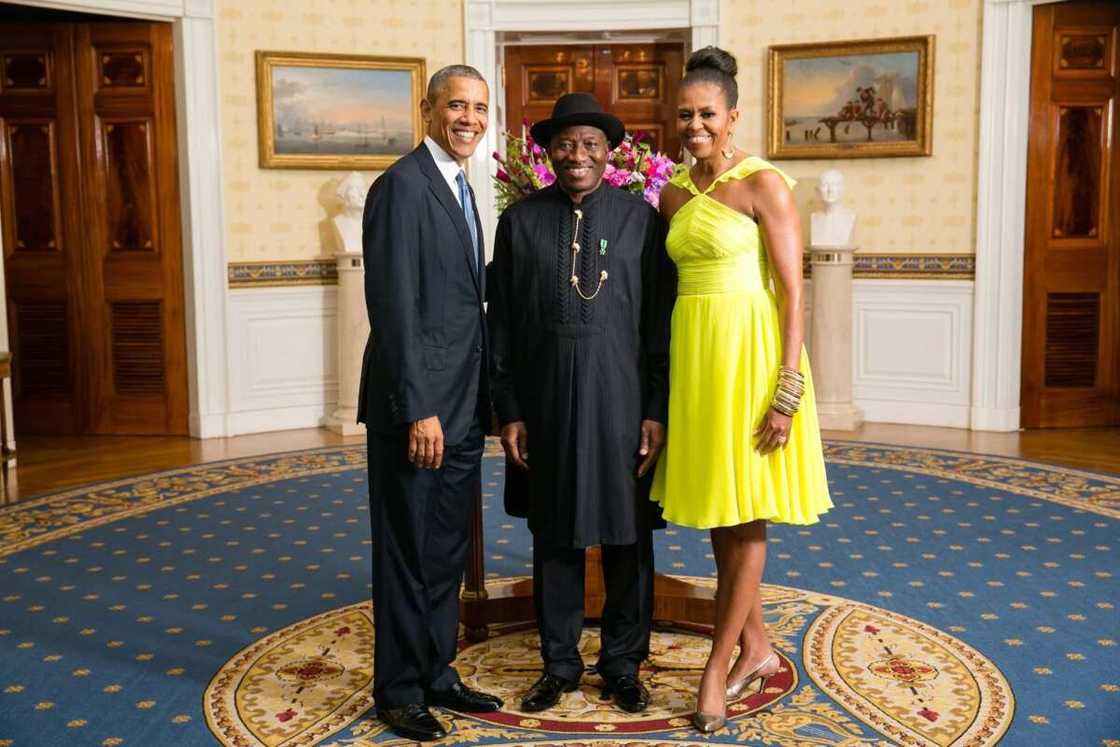
- Lobbying of some laws in the government for “tips”. It provides an unfair advantage to some “non-political” personas.
- Lobbying is a part of corruption!
- Appointed ministers can be arbitrarily dismissed.
- The system consists of too many ministers. Therefore, it`s difficult to monitor them. Moreover, it`s extremely expensive to support this army of ministers, advisers, and other service members.
- The President of the country is an extremely powerful figure. It combines the responsibilities of the Head of State and Head of Government.
President of Nigeria
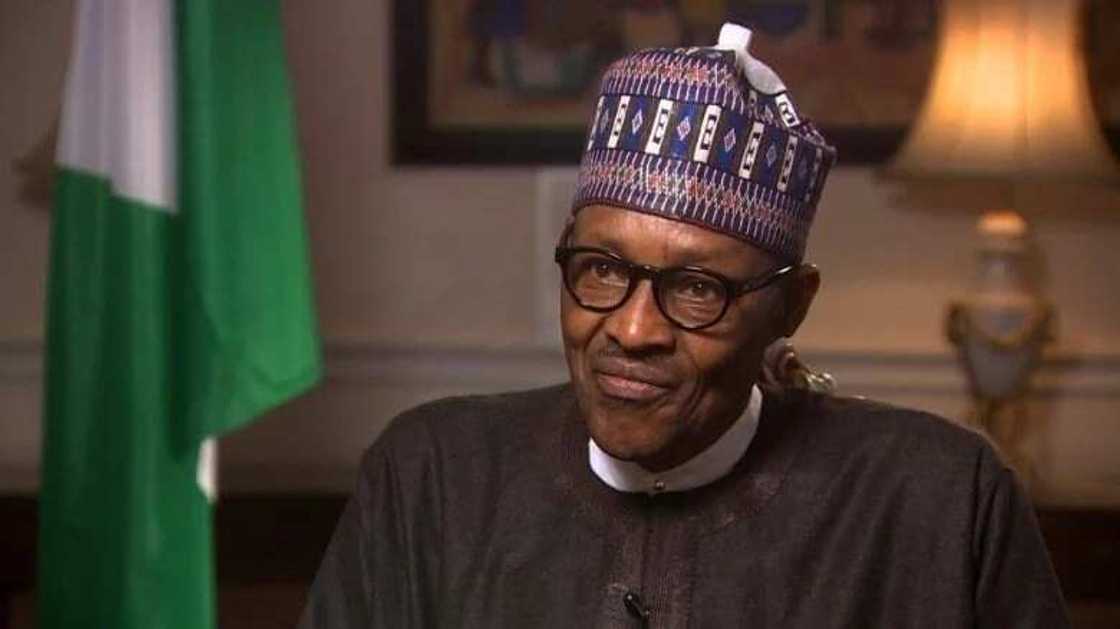
READ ALSO: National Directorate of Employment Recruitment 2017
Therefore, the most powerful figure in Nigeria according to the constitution is the president of Nigeria. But who can become a president of Nigeria? Can you?
Requirements to become a president of Nigeria:
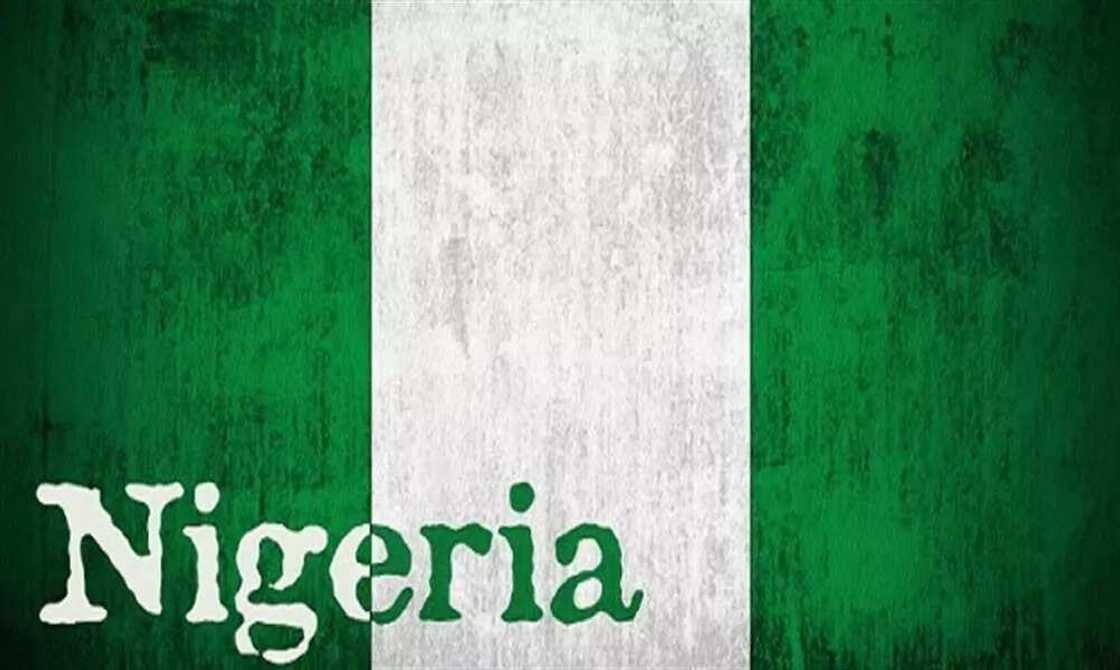
- A person must be a citizen of Nigeria and born in Nigeria!
- He/she must be at least forty years old!
- He/she should be a member of a political party or sponsored by a political party!
- He/she must have at least a School Certificate!
Presidential System in Nigeria – What are the responsibilities of a president?
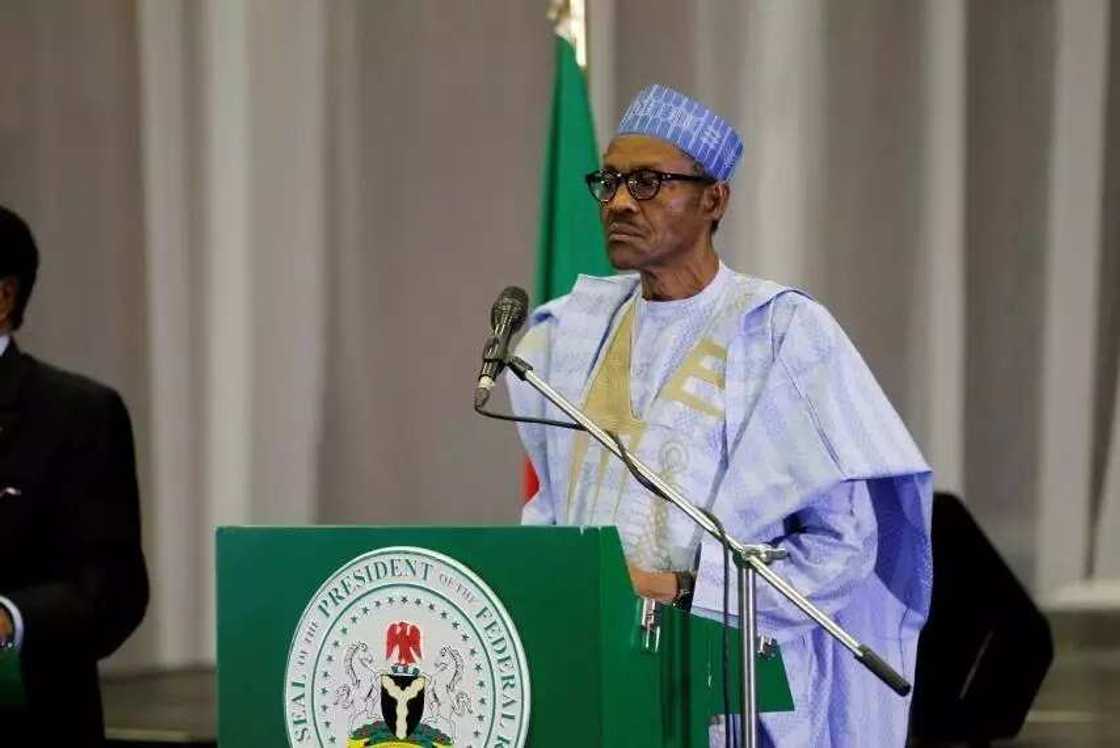
- He/she signs law bills;
- He/she can refer a law bill back to the National Assembly;
- He/she can refer a law bill to the Supreme Court to decide its constitutionality;
- He/she can summon the Parliament or National Assembly;
- He/she must appoint the Supreme Court of Justice;
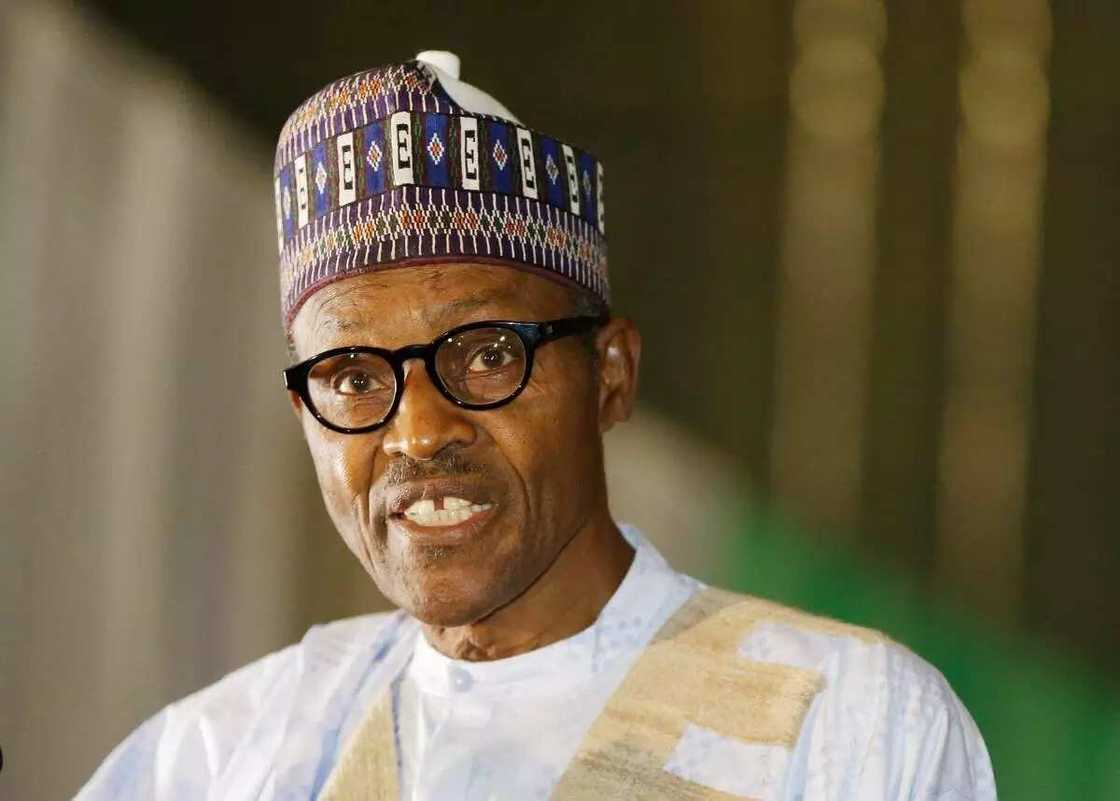
- He/she must appoint diplomats, ambassadors, plenipotentiaries and consular representatives;
- He/she can pardon from any fines or penalties;
- He/she can call a national referendum;
- He/she receives official representatives from other countries (like ministers, presidents, ambassadors, etc.);
- He/she has a right to veto any legalization bill.
Presidential System of Government Conclusion
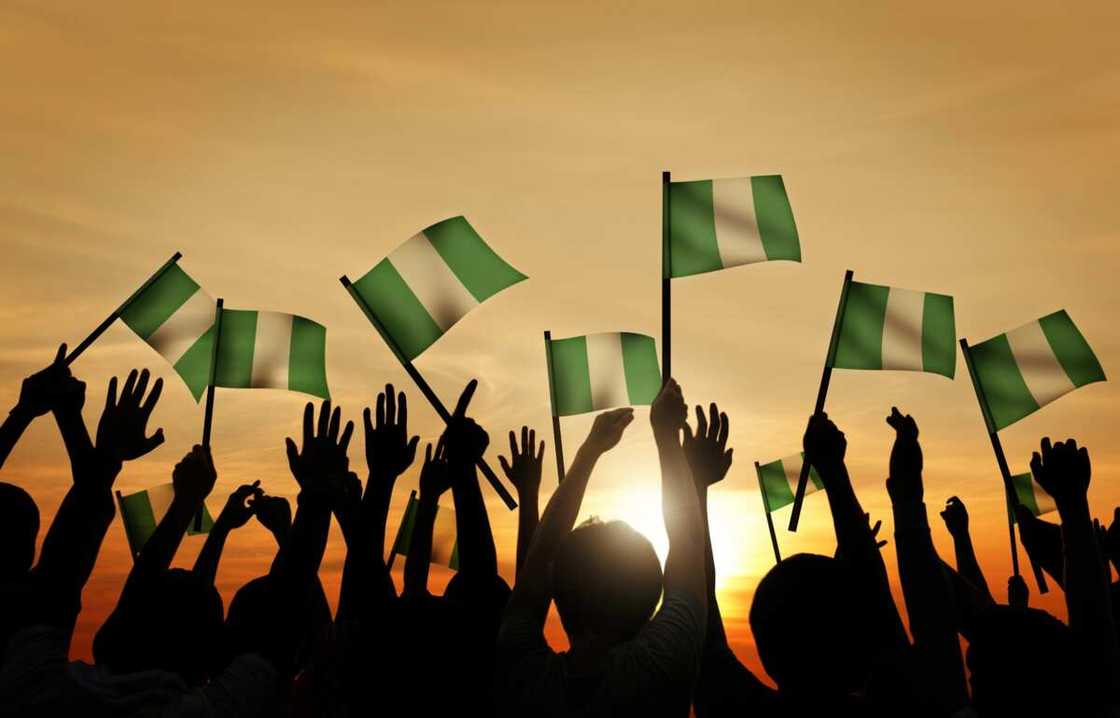
The presidential system of Nigeria gives almost all the power to the president of the country! Nevertheless, it can also be a main disadvantage of the system. The president can have too much power in this particular government system. Therefore, there is a high probability of abuse of power!
READ ALSO: NPower registration closing date 2017
Source: Legit.ng



